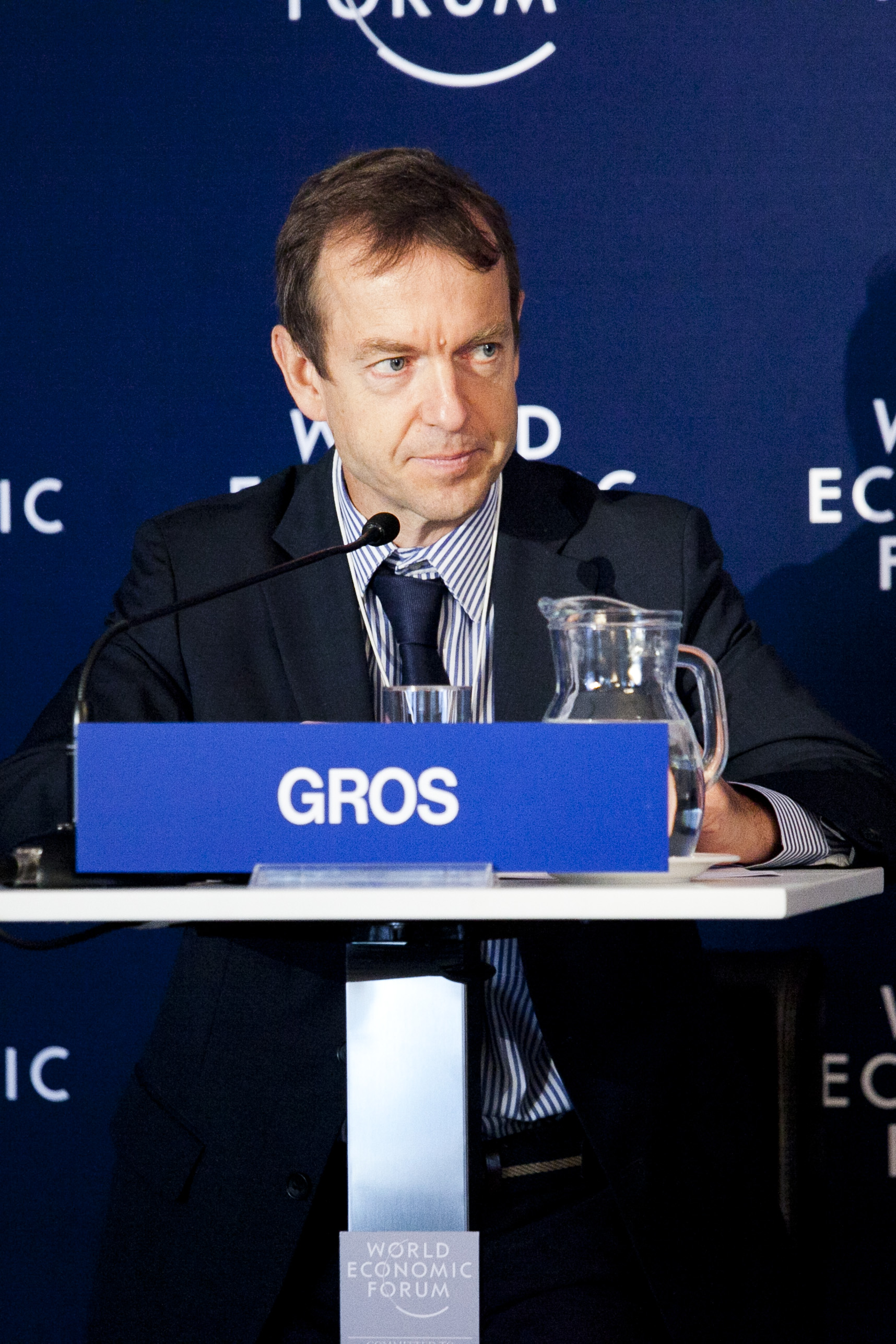Ninety-five percent of the economists on the continent were with Blair. There is an economic justification to spend more on research and development at the European level.

"Daniel Gros" (1955) is a German economist. He is the Director of the Centre for European Policy Studies (CEPS), a European think tank. He worked for the CEPS from 1986 to 1988 and has worked there continuously since 1990. His current research primarily focuses on EU economic policy, specifically on the impact of the euro on capital and labour markets, as well as on the international role of the euro, especially in Central and Eastern Europe. He also monitors the transition towards market economies and the process of enlargement of the EU towards the east.
More Daniel Gros on Wikipedia.If they let France (protect its industries) then other countries could just copy and paste, and if you multiply that by the 25 countries of the E.U. it doesn't look very pretty.
Russia has shown it's not above the temptation of using some bargaining power or blackmail. It shows that if there is a way to get some political-economic advantages from a temporary weakness of your partner, the Russians will use it.
Within Europe, Germany wasn't exactly a leader for reform, nor a leader in anything, and that will just continue.
Countries like France and Germany just aren't ready for any further expansion of the EU from an economic point of view. The negotiations with Turkey basically have to be forgotten about for the next five or six years.
Now comes the day of reckoning. Brown will push as hard as possible but at this stage there's not a lot he can do.
Germany had priced itself out of the market by the late-1990s. It is basically pricing itself back into the market.
The main way in which these markets become 'contestable' is thus via takeovers of less efficient players.
In theory this is useful but in practice I would not expect more than changes at the margin.
Copyright © 2024 Electric Goat Media. All Rights Reserved.